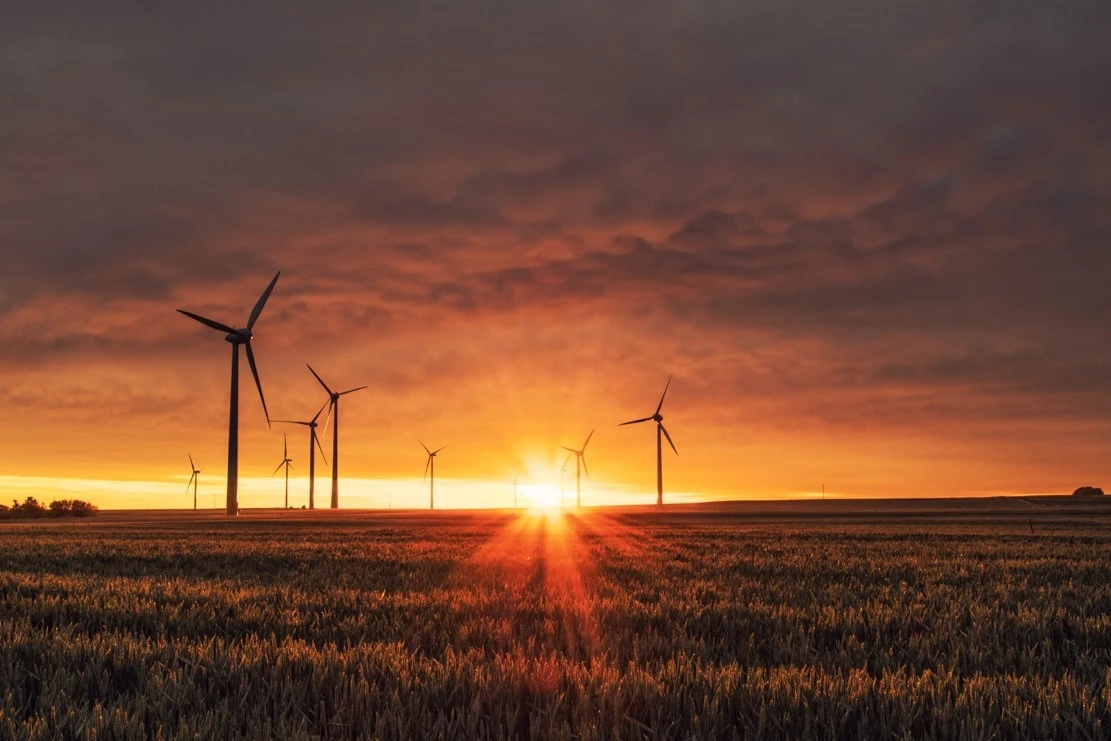Recent discussions in the International Political Economy (IPE) literature have questioned whether the move towards more renewable energy will also lead towards a more peaceful international order with reduced conflict. This question was recently empirically tested by Brandt School Director Andreas C. Goldthau and others. The team started by identifying three core mechanism that can support the hypothesis that more renewables leads to more peace:
- “Energy democracy,” meaning a low carbon world sees less interstate tension because more states are being democratic;
- “Capitalist peace,” establishing that the deployment of renewables brings about economic development, reducing conflict;
- “Human security literature,” positing that renewables reduce local-level reduce vulnerabilities, thus enhancing social stability and reducing violence.
These mechanisms were tested via regression analysis, to determine the effect of distributed renewable energy investment on democracy, human development and political stability. The results are sobering and suggest that distributed renewable energy systems do not seem to foster democratic rule and that it is concentrated rather than decentralized energy systems that correlate with economic empowerment. Furthermore, the authors found no support for the assumption that renewables bring about peace and reduce conflict. While it is important to note that while no positive correlations were determined, that does not mean there is no effect. Instead, the authors stress that more and likely qualitative research is needed in this area.
For more on this analysis, read the full article here.



